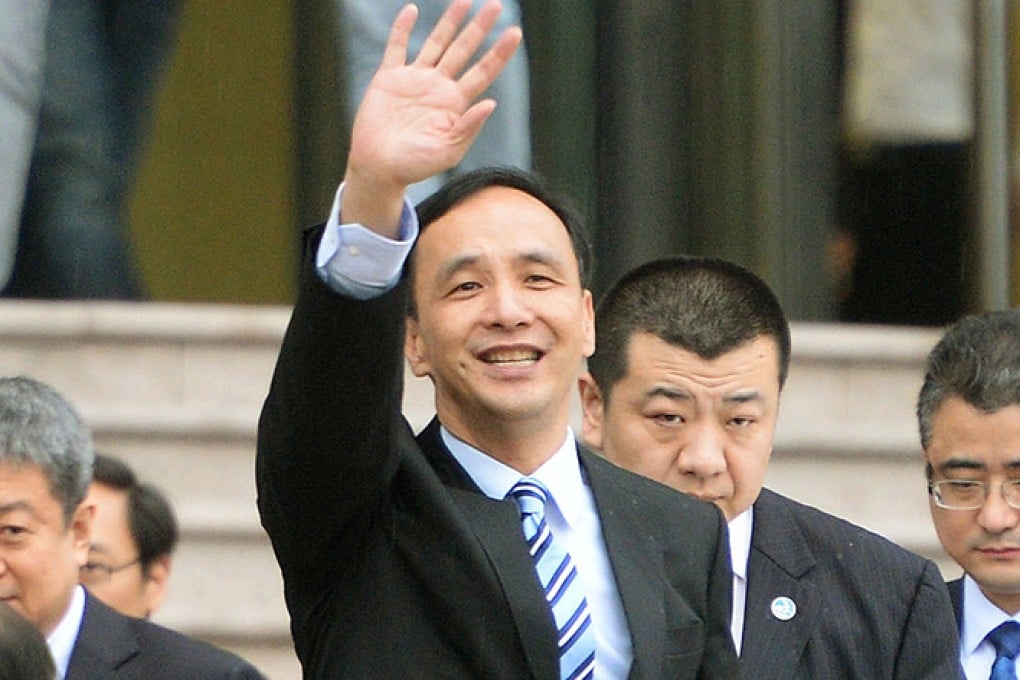Update | Taiwan ruling party chief Eric Chu says he will not run for president next year
Chu, who was seen by many supporters in the Kuomintang as the party's best prospect for a future leader, rules himself out of race

Taiwan’s ruling party chief said on Saturday he would not run for president in January, raising the prospect that an independence-leaning opposition party might regain power and cast a shadow over ties with political rival China.
Eric Chu, head of the China-friendly Kuomintang (KMT), had been considered the party’s most promising contender to run against the opposition Democratic Progressive Party (DPP) presidential hopeful, Tsai Ing-wen.
“Some people say, as the party chief, how can I not join the presidential race?” Chu told reporters, adding that he would help the party find the right candidate and achieve unity.
[Chu] is the only candidate that most people see would win the election
“I’m not afraid of criticism. We insist peace and development must be ensured across the Taiwan Strait,” Chu said.
Saturday was the deadline for KMT members to sign up for the party’s primary to choose its candidate. Three members did, including deputy legislative speaker Hung Hsiu-chu, the KMT said.
The KMT, or Nationalist party, dominated the island for decades after Mao’s communists defeated the nationalists led by Chiang Kai-shek in a civil war that ended in 1949.
But the KMT was heavily defeated in local elections last November, rejected by voters suspicious of its push for deeper economic ties with Beijing.
Since President Ma Ying-jeou of the KMT took office in 2008, trade ties with the mainland have improved to their best level in six decades even though they remain political rivals.